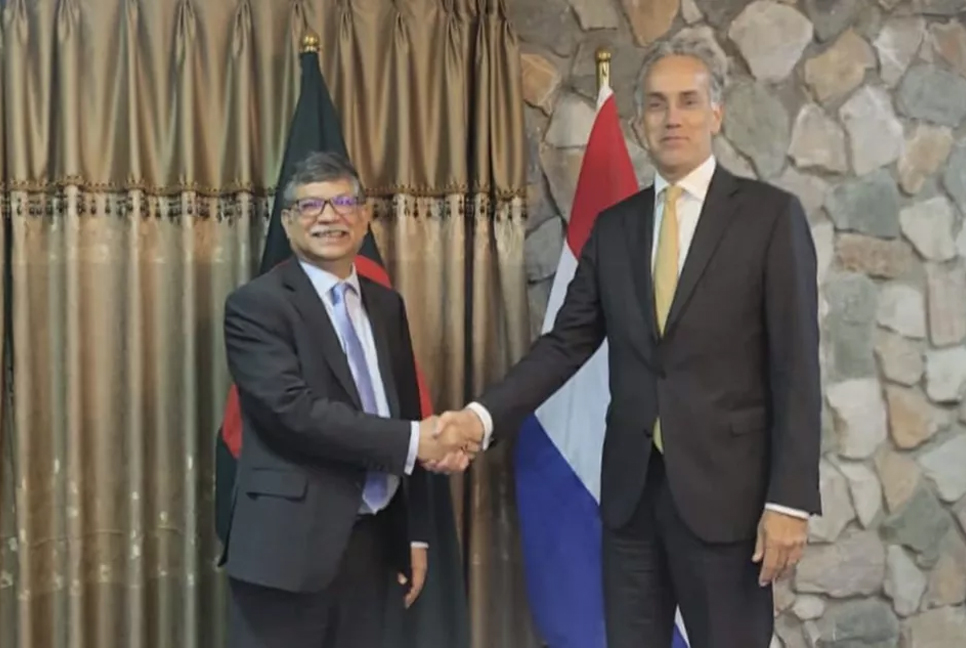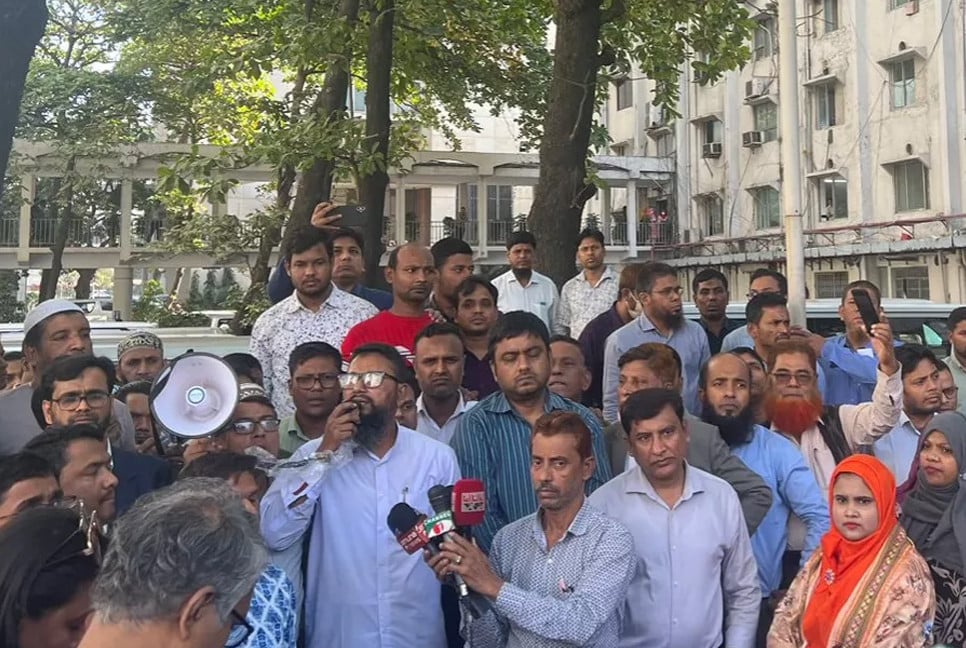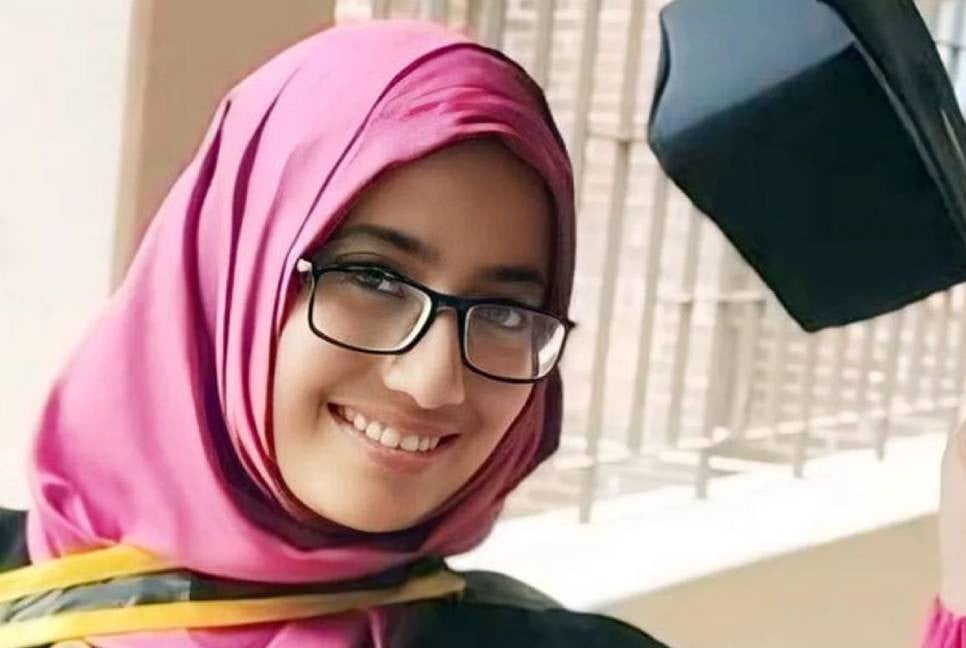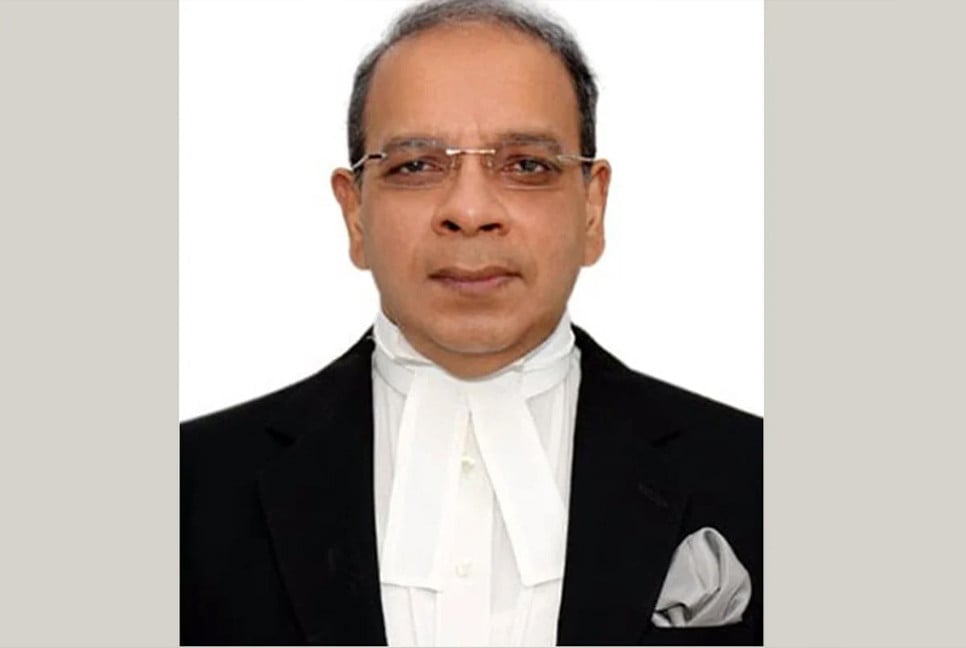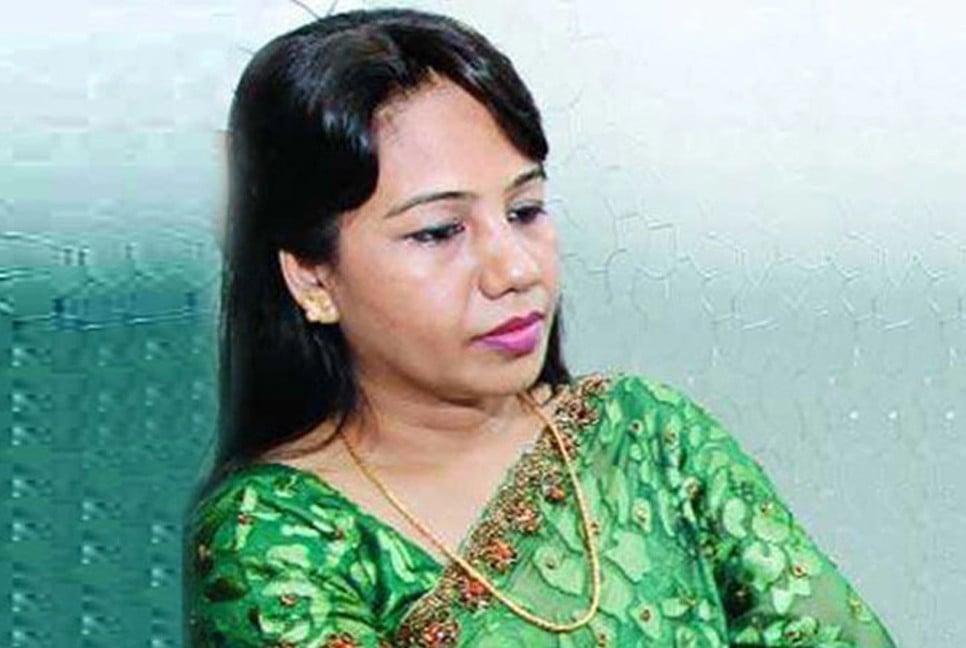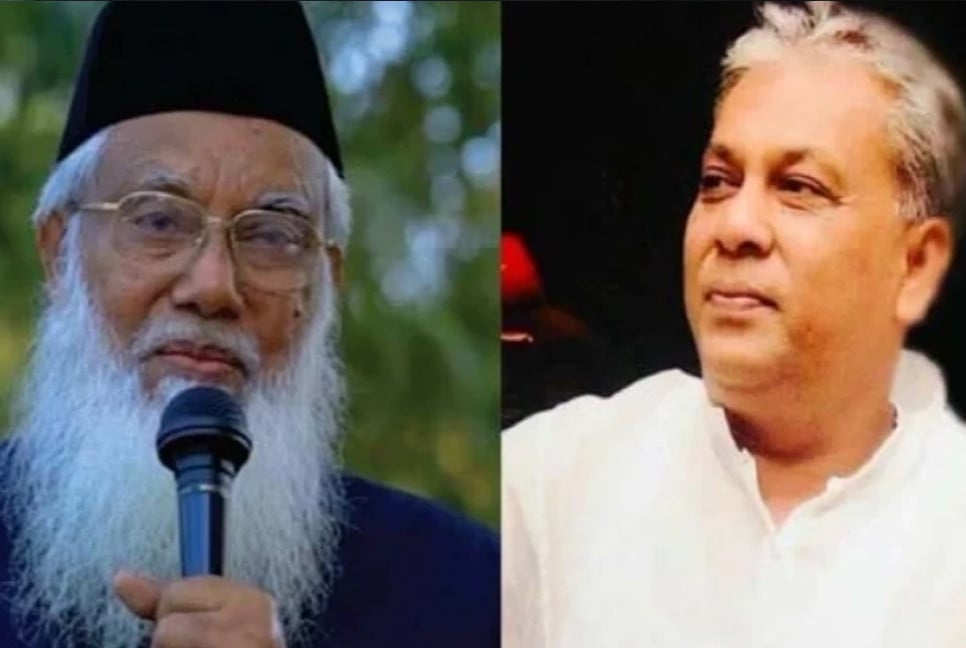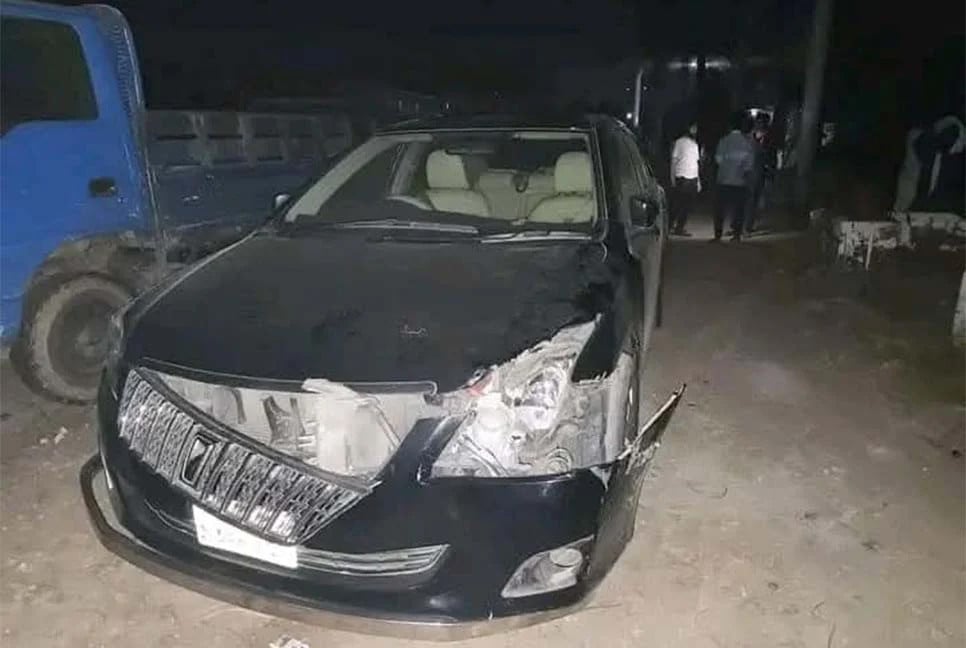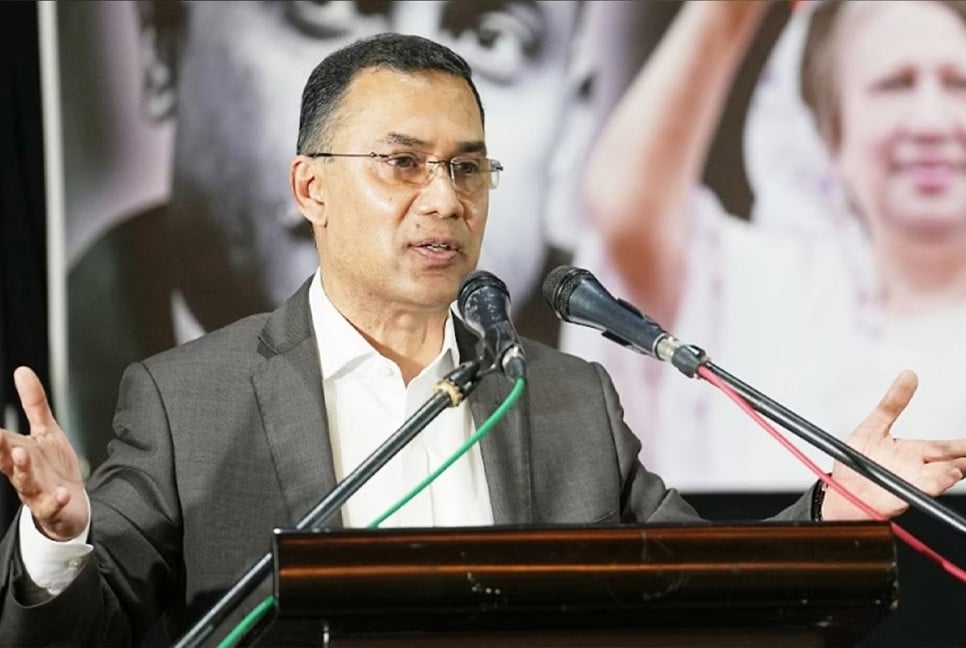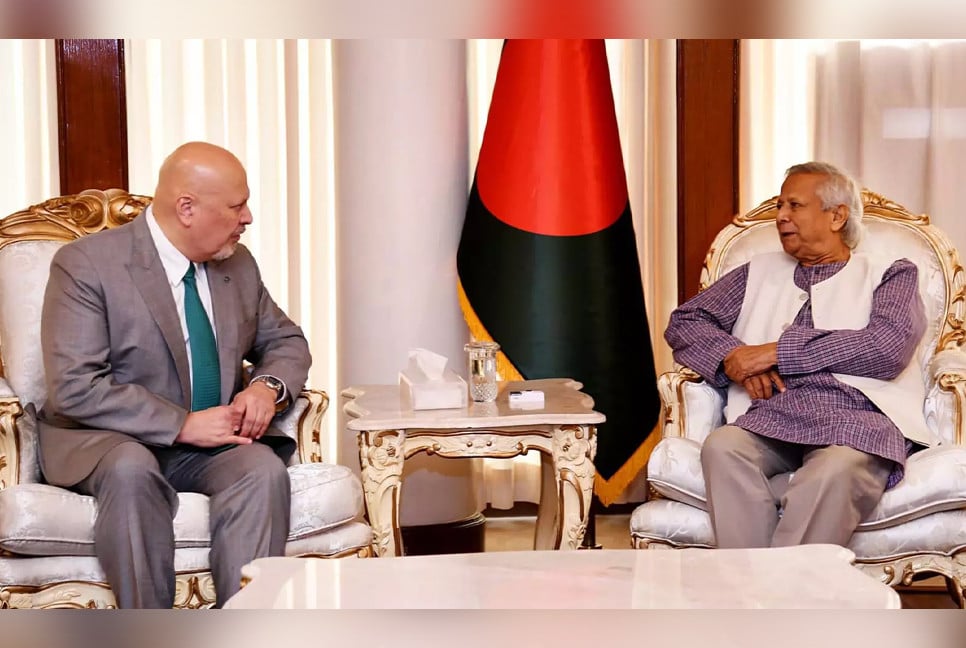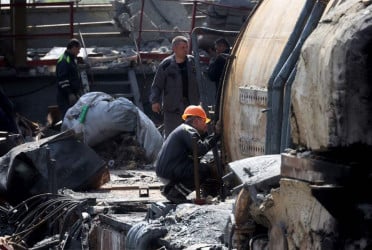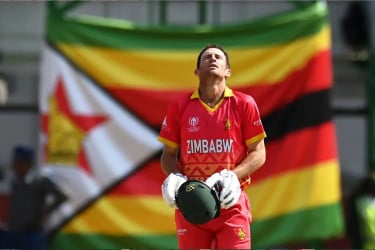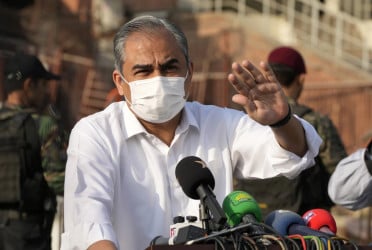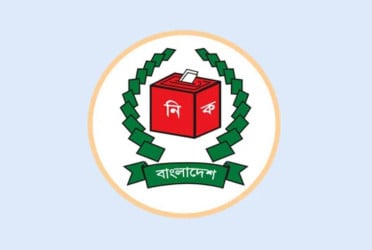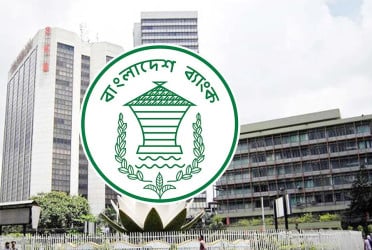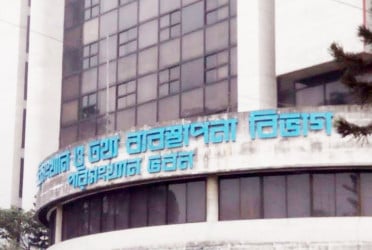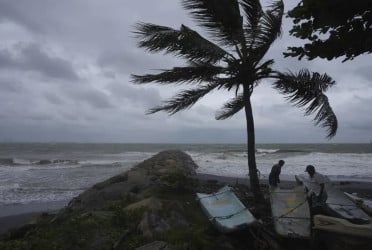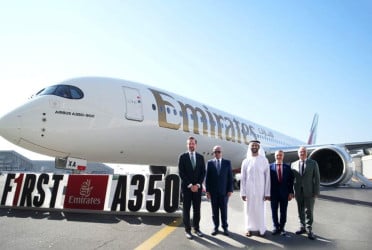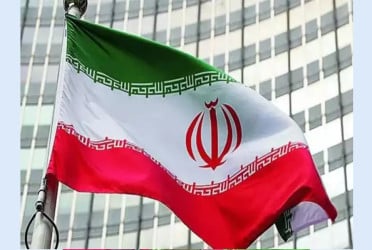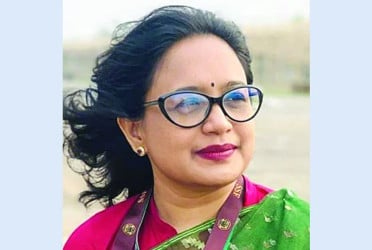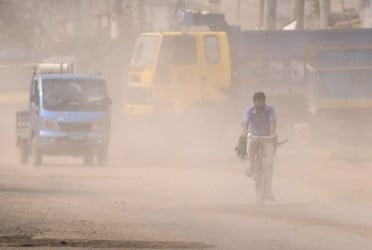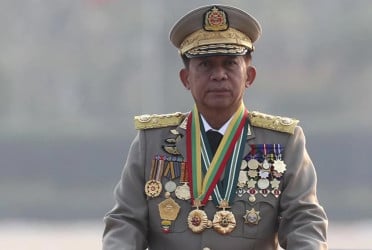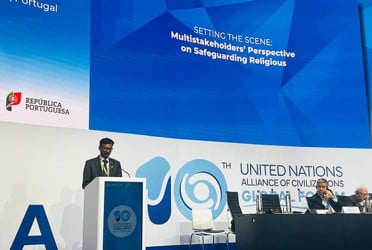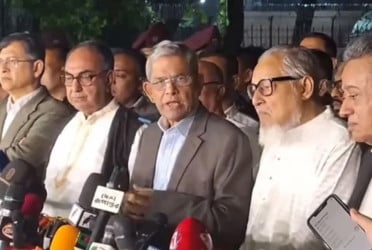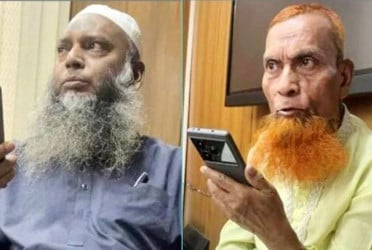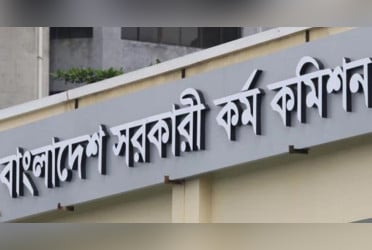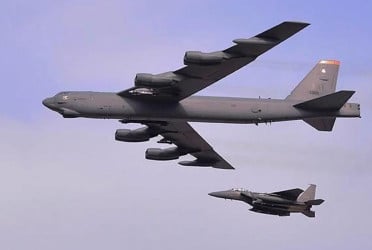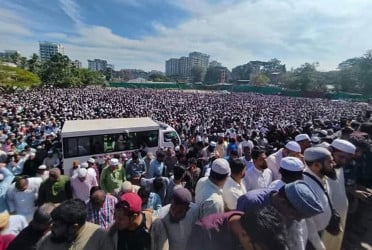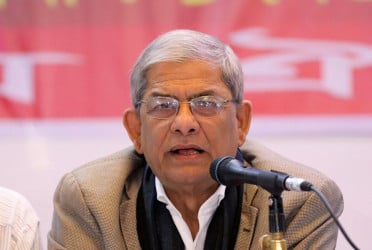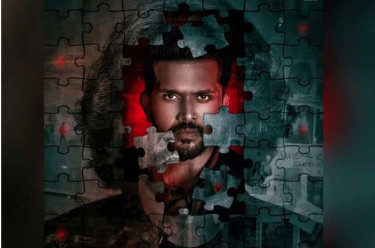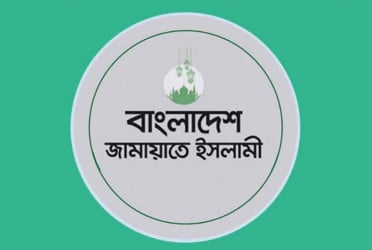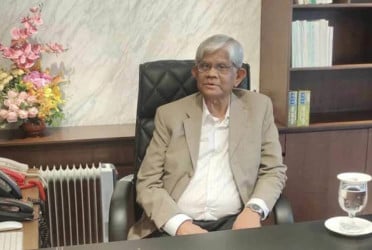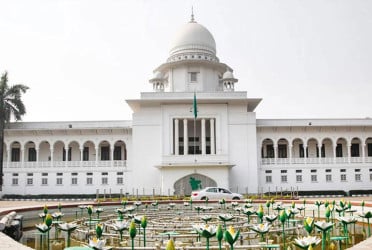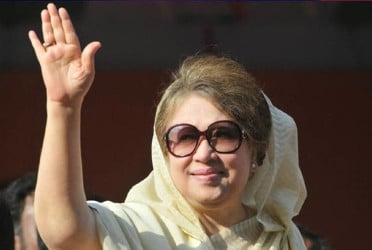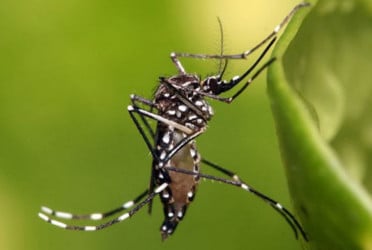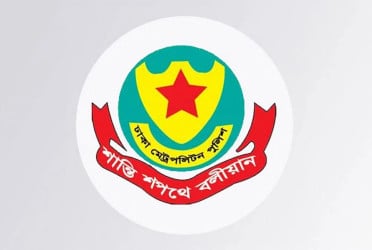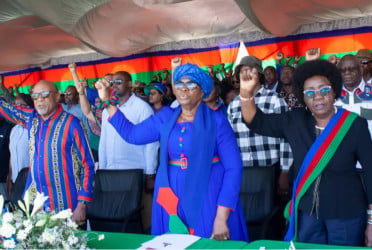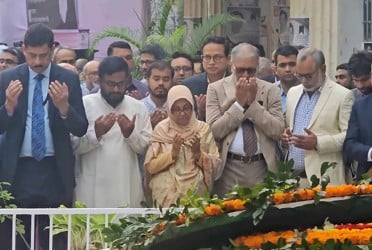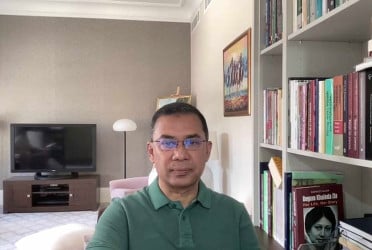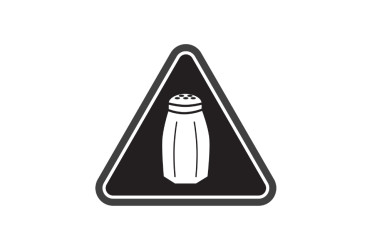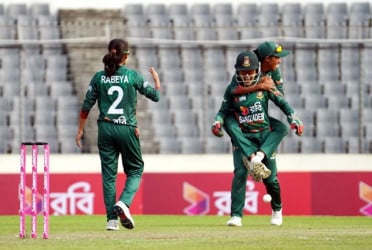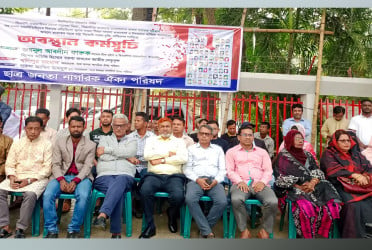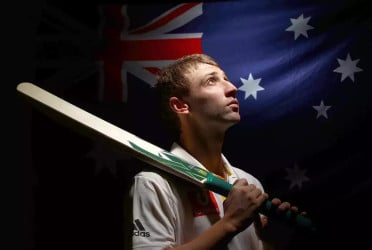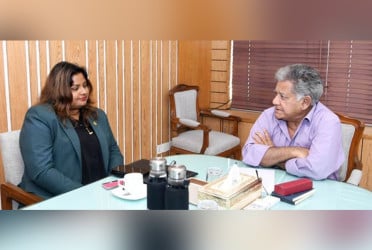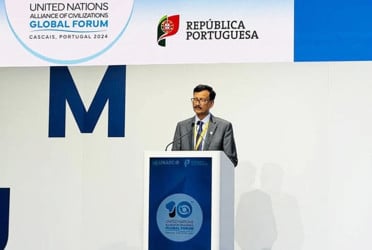The Netherlands has appreciated Bangladesh’s continued social and economic progress despite global economic slowdown and uncertainties, reports UNB.
The country noted appreciable ways the ties strengthened and contributed to Bangladesh’s sustainable graduation as a developing country in 2026.
The relationship is increasingly focusing on mutual trade, investments and knowledge exchange.
Bangladesh and the Kingdom of the Netherlands held the Fifth Foreign Office Consultations (FOC) in Dhaka on Sunday.
The Bangladesh delegation was led by Foreign Secretary Masud Bin Momen.
The delegation of the Netherlands was led by the Secretary General of Foreign Affairs of the Netherlands, Paul Huijts.
Both sides shared perspectives on increased economic collaboration in a broad range of sectors, to create a diversified economy that is shock-resistant after the LDC graduation.
The Dutch side noted the progress that the RMG industry in Bangladesh has made, especially in workers’ safety and labor conditions since the Rana Plaza incident.
The Dutch side confirmed their commitment to continue to work together with the Bangladesh authorities and industry to further improve the environmental standards, labor conditions and workers’ rights.
Engaging the private sector in Bangladesh and the Netherlands was widely discussed.
Both sides recognized that entrepreneurs, SMEs and businesses can engage in mutually gainful collaboration on knowledge – innovation – based solutions robustly in wide-ranging areas like water efficiency, digitalization, circularity, energy, climate adaptation, maritime, design thinking and sustainability, and agriculture.
They agreed on deepening focus on agriculture and digitalization, in particular, and noted the market scans on Bangladesh agriculture as a stepping stone for deepening bilateral economic ties.
They welcomed the Dutch Agro-Trade Mission to Bangladesh in June 2023 and encouraged all stakeholders in business and government to conduct such structured business interactions at regular intervals.
Recognizing the potential to spur entrepreneurship in Bangladesh youth, they welcomed commencement of the first Asian hub of the Orange Corners in Bangladesh (February 2023).
The Dutch side underlined the importance of further improvements in business climate to encourage foreign investment and trade in keeping with relevant global practices and standards and in attracting more foreign investment and business to Bangladesh.
Underlining that the Bangladesh Delta Plan 2100 should serve as a key vehicle and a process of mutual learning in securing sustainable development of Bangladesh society, economy and ecology, they welcomed commencement of its Phase II (2022-2032).
It was emphasized that the Plan should drive integrated efforts in making manufacturing, agriculture, urbanization, transport logistics and energy systems in Bangladesh future-proof while building resilient water infrastructure.
Noting the current and future growth scenarios in Bangladesh, regional developments including the war in Ukraine, and transition in global supply chains, the two sides recognized the scope for deepening economic collaboration in longer term based on mutuality of interests.
The two sides discussed developments in the region, including the importance of increasing cooperation and connectivity between the EU and the Indo-Pacific region and opportunities for strengthening Bangladesh-Netherlands cooperation in multilateral fora.
They also exchanged views on political developments in both countries, the upcoming elections in Bangladesh and recognized the issues of human rights and rule of law.
The Netherlands expressed deep sadness for the affected people in Bangladesh in the aftermath of the Cyclone Mocha.
The Netherlands registered its gratitude for Bangladesh’s hospitality towards hosting around 1.2 million Rohingyas, and recognized the importance of the ongoing international efforts on securing justice and accountability for human rights violations committed in Myanmar.
Both parties remain committed to working with the international community on a safe, sustainable, dignified and voluntary return of the Rohingya to their homeland.
Bangladesh and the Netherlands continue to maintain a long-standing and mutually beneficial friendship for more than five decades now.
The Netherlands has been a development partner in Bangladesh’s early societal and economic journey, for instance in water infrastructure development, food security, skills development, women empowerment, human rights and the RMG sector.
The Foreign Office Consultations underlined the willingness of both countries to engage in and explore possibilities to further deepen bilateral ties.
Bd-pratidin English/Tanvir Raihan

